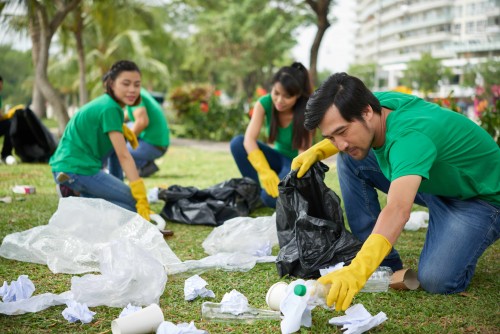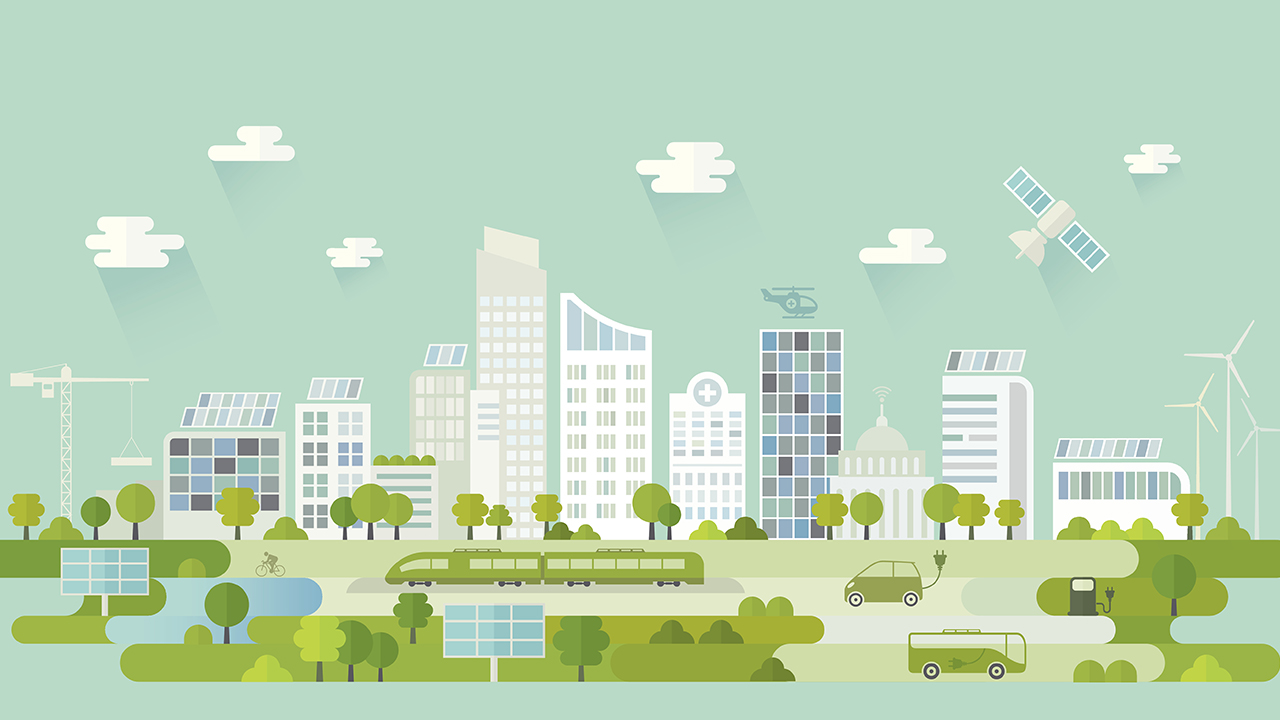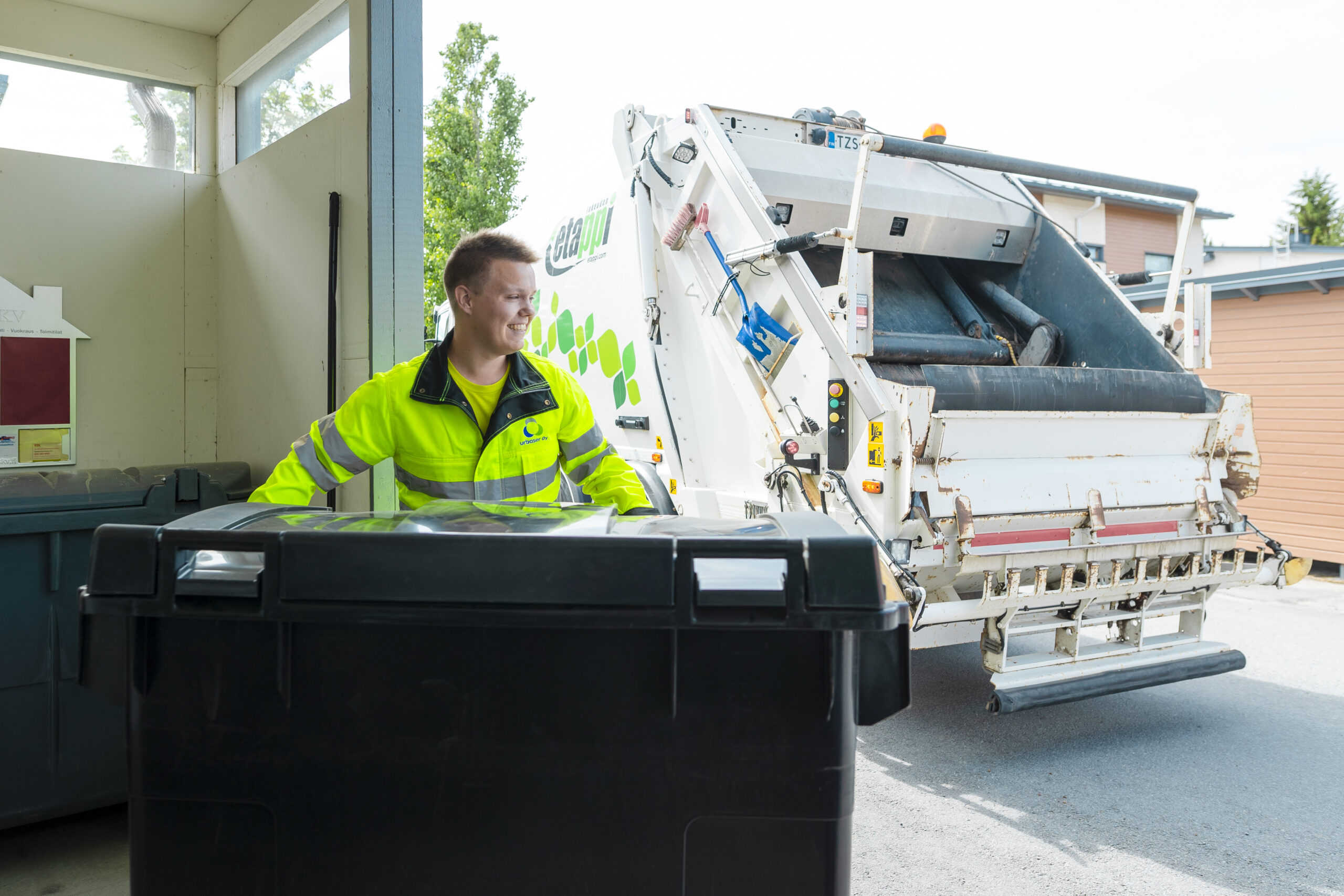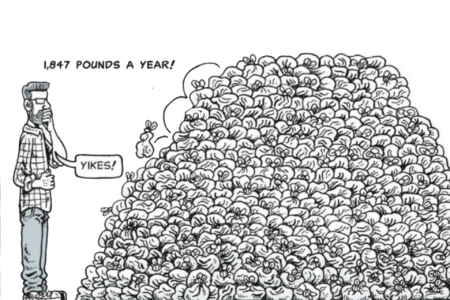
Introduction
Sustainable cities and waste reduction play a crucial role in achieving environmental goals and promoting a more sustainable future. In this article, we will explore the importance of waste reduction in sustainable cities and the key role local governments play in these efforts.
Historical Background
Over the years, waste management practices have evolved significantly. From the early days of uncontrolled dumping to modern sustainable waste management strategies, the focus has shifted towards reducing waste and minimizing its impact on the environment. Local governments have played a pivotal role in shaping waste reduction policies and initiatives.
Key Concepts and Definitions
Sustainable Cities
Sustainable cities are designed to minimize negative environmental impacts, promote resource efficiency, and enhance the overall quality of life for residents. These cities strive to achieve a balance between economic prosperity, social equity, and environmental responsibility.
Waste Reduction
Waste reduction is the process of minimizing the generation of waste and optimizing resource use. It involves adopting strategies such as recycling, composting, and waste-to-energy technologies to divert waste from landfills and reduce environmental harm.

Main Discussion Points
Local Government Policies and Regulations for Waste Reduction
Local governments play a vital role in waste management by implementing policies and regulations that encourage waste reduction. They create frameworks and guidelines to promote sustainable waste practices, ensuring compliance and driving positive change.
Waste Management Infrastructure and Services
Local governments are responsible for developing and maintaining waste management infrastructure, including waste collection systems, recycling centers, and composting facilities. By providing these essential services, they make waste reduction more accessible and convenient for residents.
Public Education and Awareness Campaigns
Local governments also play a crucial role in educating and engaging residents in waste reduction practices. Through effective public education campaigns, they raise awareness about the importance of waste reduction, provide guidance on proper waste disposal, and encourage behavior change.

Case Studies or Examples
Examining specific cities can provide valuable insights into successful waste reduction initiatives. For example, Curitiba in Brazil and San Francisco in the United States have implemented innovative waste management practices, including comprehensive recycling programs and mandatory composting.
Current Trends or Developments
Emerging technologies in waste management, such as advanced recycling techniques and waste-to-energy conversion, are revolutionizing the industry. Local governments are also embracing innovative waste reduction practices, such as incentivizing waste reduction through financial rewards or implementing smart waste management systems.
Challenges or Controversies
Despite the benefits, waste reduction policies and practices may face opposition from certain stakeholders. Additionally, local governments often encounter financial and logistical challenges in implementing and maintaining waste management infrastructure. Balancing conflicting priorities and interests among stakeholders can also pose a challenge.

Future Outlook
The future of waste reduction holds promising advancements in technologies and strategies. From advanced recycling methods to the utilization of artificial intelligence in waste management systems, continuous innovation will drive waste reduction efforts. Collaboration between local governments and other stakeholders will be crucial for successful implementation and achieving sustainability goals.
Conclusion
In conclusion, sustainable cities and waste reduction are integral components of achieving environmental goals. Local governments play a key role in driving waste reduction efforts through policies, infrastructure development, public education, and collaboration. By working together, we can create a more sustainable future and protect our planet for generations to come.




